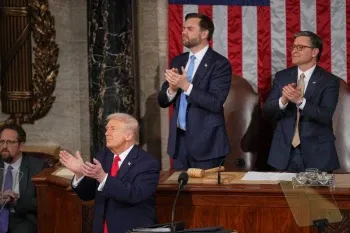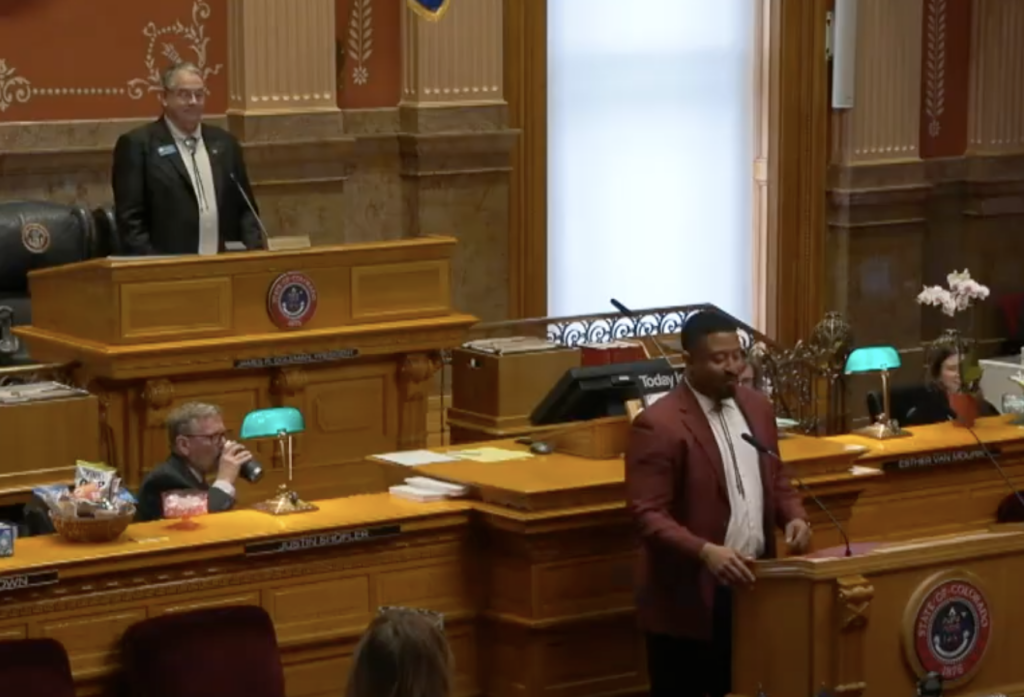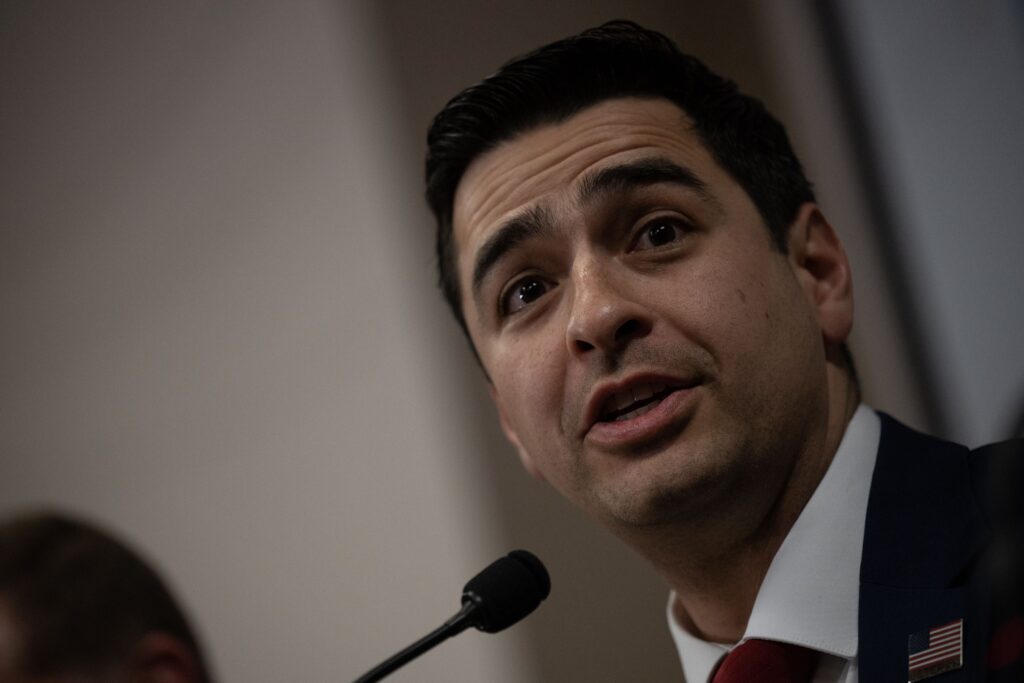Balanced Budget Amendment vital to reducing $18.1 trillion debt

As a member of Congress I have the opportunity to tackle what I view as our nation’s most dangerous threat, the $18.1 trillion debt. We face serious threats from bad actors on the international stage, from Iran to ISIS, but my greatest concern is the debt. It is fast approaching economically damaging levels, and both political parties are culpable.
When I talk to my constituents in the 4th Congressional District of Colorado, they consistently tell me Washington is bankrupting their children and grandchildren. Their concerns are completely valid. In 2014, federal spending reached $3.5 trillion and the deficit was $486 billion. A child born in February of this year has roughly a $1,532,000 lifetime share of the national debt.
The federal government cannot continue to ignore this problem as though it does not exist. Ideally, Congress would have the political strength to cut spending now without having to undergo the process of adopting a Balanced Budget Amendment (BBA), but that is not the current reality. The last time the federal government recorded a balanced budget was 1998 under President Bill Clinton and a Republican-controlled Congress.
Because Washington refuses to cut spending, we must adopt a strong constitutional Balanced Budget Amendment. It should be an instrument to force spending cuts, not tax increases, and it should contain some mechanism by which Congress can waive its requirements to provide for national defense.
A BBA would ensure efficient government and force Congress to cut wasteful spending. Instances of wasteful spending are virtually endless. If we sunset the unpopular Head Start program, we will save $887 million. According to the Office of Personnel Management, in 2011, the government spent $155 million on 3.4 million hours used for “official time.”
Though problematic, these examples pale in comparison to spending on entitlements. Eighty-five percent of the projected growth in spending over the next decade is due to entitlement spending and interest on the debt.
To date Congress has lacked the political will to reform Social Security, Medicare and Medicaid. These programs, as experts have noted, have become “untouchable.” They are also the key drivers of noninterest spending.
In 2014 49 percent, almost half of all federal spending, paid for Social Security and health care entitlements, primarily Medicare and Medicaid. Medicaid alone is projected to grow 87 percent over the next decade.When dependence on this program grows, will it be easier to enact reform? Failing to address these issues today will not make them easier to address tomorrow.
Discretionary spending is also out of control. Over the past 20 years, discretionary spending grew by 47 percent in real terms. Instances of wasteful and duplicative spending are so numerous, Congress has floated the idea of an independent commission charged with eliminating waste and cutting spending that is outside the proper scope of government.
Both Democrats and Republicans are to blame for this trend.
In the last Congress, the so-called CRomnibus spending bill was fraught with funding increases that reflect big-government priorities. It drew bipartisan support, and President Obama signed it into law Dec. 16.
When the Republican Study Committee proposed a budget that would balance in four years last Congress, it garnered the support of a number of Republicans but ultimately failed by a vote of 133 to 291.
For too long, Congress has been irresolute in their mission to tackle spending. The 114th Congress is now faced with this crucial task.
If history is our guide — and recent history at that — we need to pass a Balanced Budget Amendment to the Constitution. We owe it to the American people to tackle the debt head on and to hold ourselves accountable.
Ken Buck is a member of the U.S. Congress, representing Colorado’s 4th District.
Colorado Politics Must-Reads:














